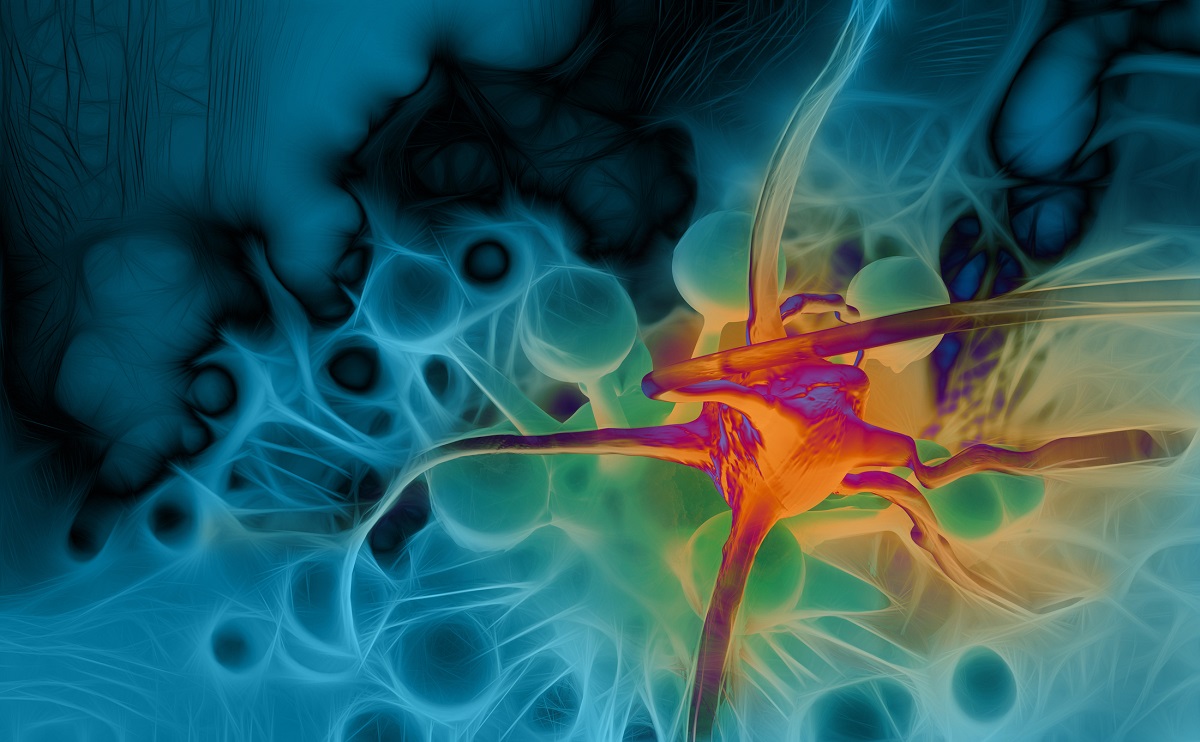KEY TAKEAWAYS
- The ReBirth study phase II trial aimed to investigate the safety and efficacy of tailored TMT for MIBC.
- The primary endpoint is the BIDFS rate
- Researchers noted promising preliminary efficacy and manageable toxicity in the two-stage treatment; further information will be provided later.
Trimodal therapy (TMT) has demonstrated prolonged survival and oncologic control in specific muscle-invasive bladder cancer (MIBC) cases. However, there is a current absence of tailored treatments utilizing biomarkers for chemotherapy with PD-1 inhibitor responses.
Yijun Shen and his team aimed to assess the potential of such tailored TMT in MIBC patients (pts). The objective was to evaluate its safety and efficacy, emphasizing biomarker-guided chemotherapy with PD-1 inhibitors, while exploring the feasibility of hypo-fractionated radiation in combination with concurrent chemotherapy.
The study performed an inclusive analysis involving a two-stage, single-arm, phase II trial targeting cT2-4aN0-1M0 MIBC pts. The first stage included Tislelizumab (T) 200 mg on D1, Cisplatin (C) 70 mg/m2 on D1, and Gemcitabine (G) 1000 mg/m3 on D1 and D8, administered in a Q3W cycle for 3-4 cycles. Post-initial treatment, pts achieving complete clinical response (cCR) (cT0, cTa) received T alone, while others received T in combination with chemoradiotherapy (whole bladder 44Gy/16 fractionation combined with C as a radiosensitizer). The primary endpoint was the 1-year Bladder-intact Disease-Free Survival (BIDFS) rate, with secondary endpoints including the 2-year Metastasis-Free Survival (MFS) rate, 2-year BIDFS rate, and safety assessments. Tissue and urine samples were collected for genetic profiling and biomarker research.
As of September 20, 2023, with a follow-up duration of 258 (49-415) days, the study enrolled 25 pts, predominantly male (96%), with a median age of 64 (36-77) years. Of these, 19 pts with cT2 (57.14%), cT3 (33.33%), and cT4 (9.52%) tumors were evaluable. Two pts were identified as N1. Notably, 14 out of 19 pts (73.68%) achieved complete clinical response (cCR) and maintained a sustained response.
Based on positive urine cytology and Minimal Residual Disease (MRD) detection, 5 pts were classified as non-cCR, distributed across cT3N0M0 (2 pts), cT4N0M0 (2 pts), and cT2N0M0 (1 patient). 6 pts were excluded from the efficacy analysis set due to Radical Cystectomy (RC) outcomes (2 achieving ypT0N0 and 1 achieving ypT2N0) and incomplete treatment cycles.
Bladder-intact Disease-Free Survival (BFS) rate at 1 year was evaluated in 6pts, two of whom received hypo-fractionated radiation in the second stage, with a remarkable 100% rate.
Treatment-Related Adverse Events (TRAEs) were identified in 19 of the 25 pts (76%, 8% are ≥ 3 grade). Hematological Adverse Events (32%), followed by renal insufficiency (24%), pruritus (20%), and fatigue (20%). Importantly, during hypo-fractionated radiation, no new safety concerns were discovered.
The study concluded that preliminary findings suggest a potential efficacy and manageable toxicity in the two-stage treatment approach for muscle-invasive bladder cancer. The trial is ongoing, and results are yet to be presented.
The study is sponsored by Fudan University
Source: https://cslide.ctimeetingtech.com/immuno23hybrid/attendee/confcal/show/session/34
Clinical Trial: https://clinicaltrials.gov/study/NCT05531123
Shen Y, et al. (2023). “Preliminary efficacy and safety results from ‘ReBirth’, a phase II study of risk-based bladder-sparing therapy for MIBC.” Presented at ESMO IO 2023 (Abstract 105P).



